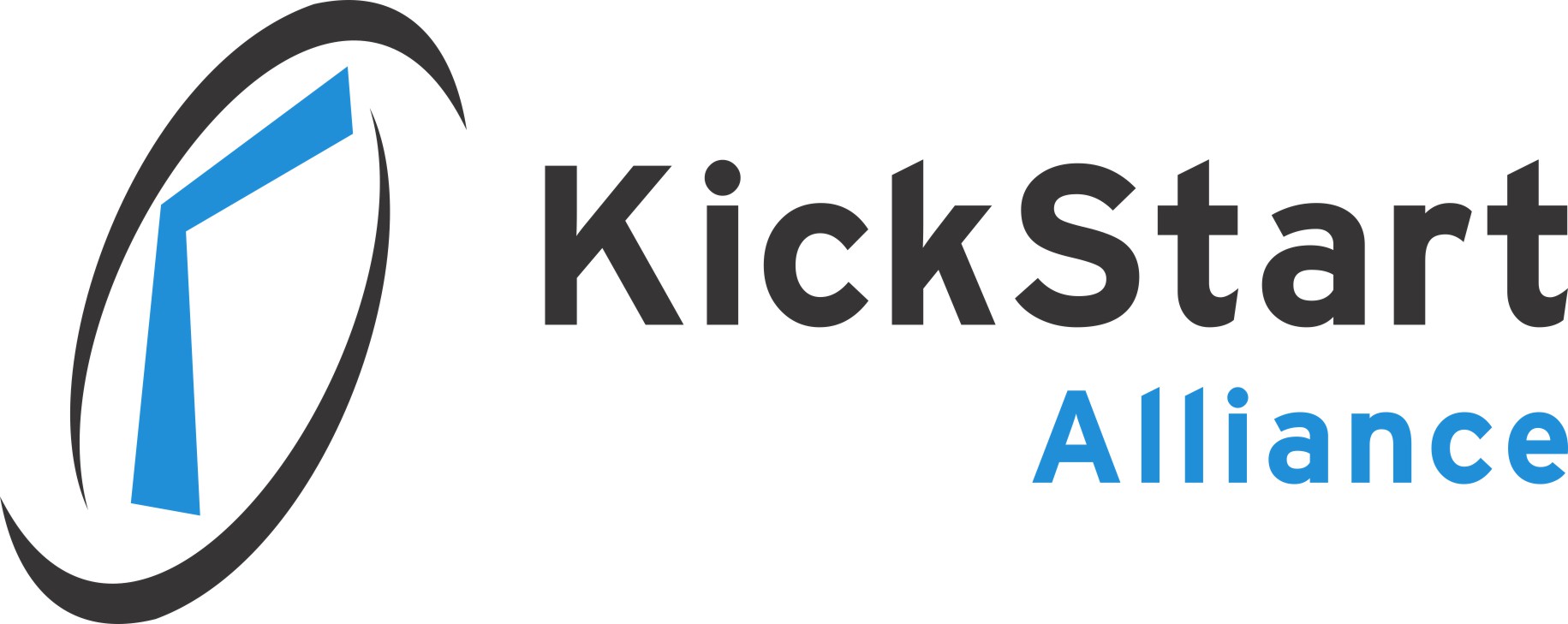Last week I attended a SalesCraft roundtable hosted by Sharon Little, Director of Global Field Communications at VMware. SalesCraft is a forum for Silicon Valley sales leaders to talk about strategies and trends for empowering successful sales teams. The topic: “PlayBooks – A Top Trend for 2010.” Presenters included Larry Ball, Sr. Director of Global Sales Development at POLYCOM, and Jenine Young, Sr. Manager of Field Enablement at VMware. Here is a brief recap of how these two Silicon Valley companies are deploying PlayBooks to arm their sales teams with information, processes and best practices to drive productivity and revenue.
POLYCOM, a global leader in telepresence, video, and voice solutions, is a $1B public company with over 700 sales representatives.
- Sales Enablement Challenge:
- Improve consistency among its sales organization and implement a more prescriptive selling approach.
- PlayBook Vendor:
- POLYCOM selected Kadient – an on-demand sales enablement application that combines Sales Playbooks, Dynamic Sales Content, and Sales Performance Analytics—all embedded within a CRM system.
- PlayBook Implementation:
- POLYCOM had an aggressive schedule, launching Kadient with 12 PlayBooks in just 3 months. Each PlayBook has either a vertical market or strategic partnership focus. Content is organized around the company’s selling stages and links to content stored in an online portal. Partners view the content in a separate partner portal.
- PlayBook Benefits:
- Drives repeatability in the sales process
- Pushes content at the right time based on the sales stage and vertical market or product focus
- Includes “check-points” within each sales stage that reps should complete before moving to the next stage
- Integrates into the Salesforce.com Opportunities tab
- Provides management with visibility into the selling/buying process through standard Salesforce.com reports and dashboards
- Learnings:
- Identify content owners to oversee and manage the content. POLYCOM is unique that it has a VP of Marketing, and owner of content, reporting into the Sn. VP Global Sales.
- Develop templates to keep content consistent – down to the font size
- Roll-out and reinforce the PlayBooks through ongoing training, communication and top-down executive mandates
- Be prepared to revisit or revise corporate and product positioning and messaging and the sales process. In POLYCOM’s case, the project forced them to quickly develop solution-based content versus product-based.
- Results:
- Although just released in February 2010, the PlayBooks have helped align sales and marketing and have become an invaluable tool for sales – especially in ramping new hires and getting reps up to speed on new solutions and competitive issues.
VMware, provider of solutions for business infrastructure virtualization that enable IT organizations to energize businesses of all sizes, had revenues of $2B in 2009.
- Sales Enablement Challenge:
- With over 2,100 field reps and roughly one acquisition per month, VMware was looking for ways to help reps sell newly-acquired products and solutions outside their comfort zone. It started by consolidating content from over 700 SharePoint sites into one sales portal to make it easier for sales reps to find the information they needed to drive deals. The project was such a success that the Sales Enablement team rallied management support to develop PlayBooks as a next step in making the content more actionable and relevant based on the sales process.
- Playbook Vendor:
- VMware selected SAVO, a sales enablement application that allows salespeople to be more efficient.
- PlayBook Implementation:
- VMware implemented five PlayBooks based on product areas. The content is organized by sales stage. The solution is not currently integrated into a CRM system as the company is transitioning from Siebel to Salesforce.com.
- PlayBook Benefits:
- Provides the most relevant and up-to-date content for a given sales opportunity
- Flexible – content and layout are easily modified using HTML
- Sales “Flight Plans” or summaries of key selling strategies are featured in each PlayBook
- Learnings:
- Involve the sales organization in building the Playbook. VMware selected 10 successful reps to serve as a beta group to suggest content and identify content gaps. This “built by sales for sales” concept has also paid off during rollout and training to boost user adoption.
- Set guidelines on the amount and length of content with content owners.
- Have a solid rollout, training and communication plan. VMware’s process has included podcasts from the VP Sales, VMware Radio spots by Geo heads, discussions via conference call with regional sales teams, and newsletters.
- Results:
- Feedback from the beta team has been very positive. Reps appreciate the structure and content and offer suggestions to make the PlayBooks even more useful.
Although POLYCOM and VMware have implemented PlayBooks in different ways, these two leading Silicon Valley companies are demonstrating that the days of the Sales PlayBook in a binder (that is out-dated as soon as it’s published) are over. Leading companies will continue to experiment with online PlayBooks that give sales the information they need when they need it so they can have meaningful conversations with prospects and ultimately, drive productivity and revenue.
